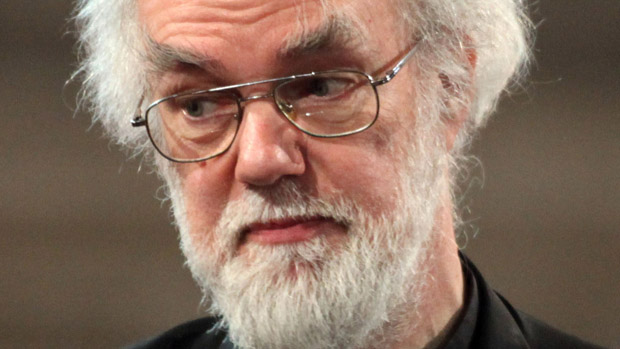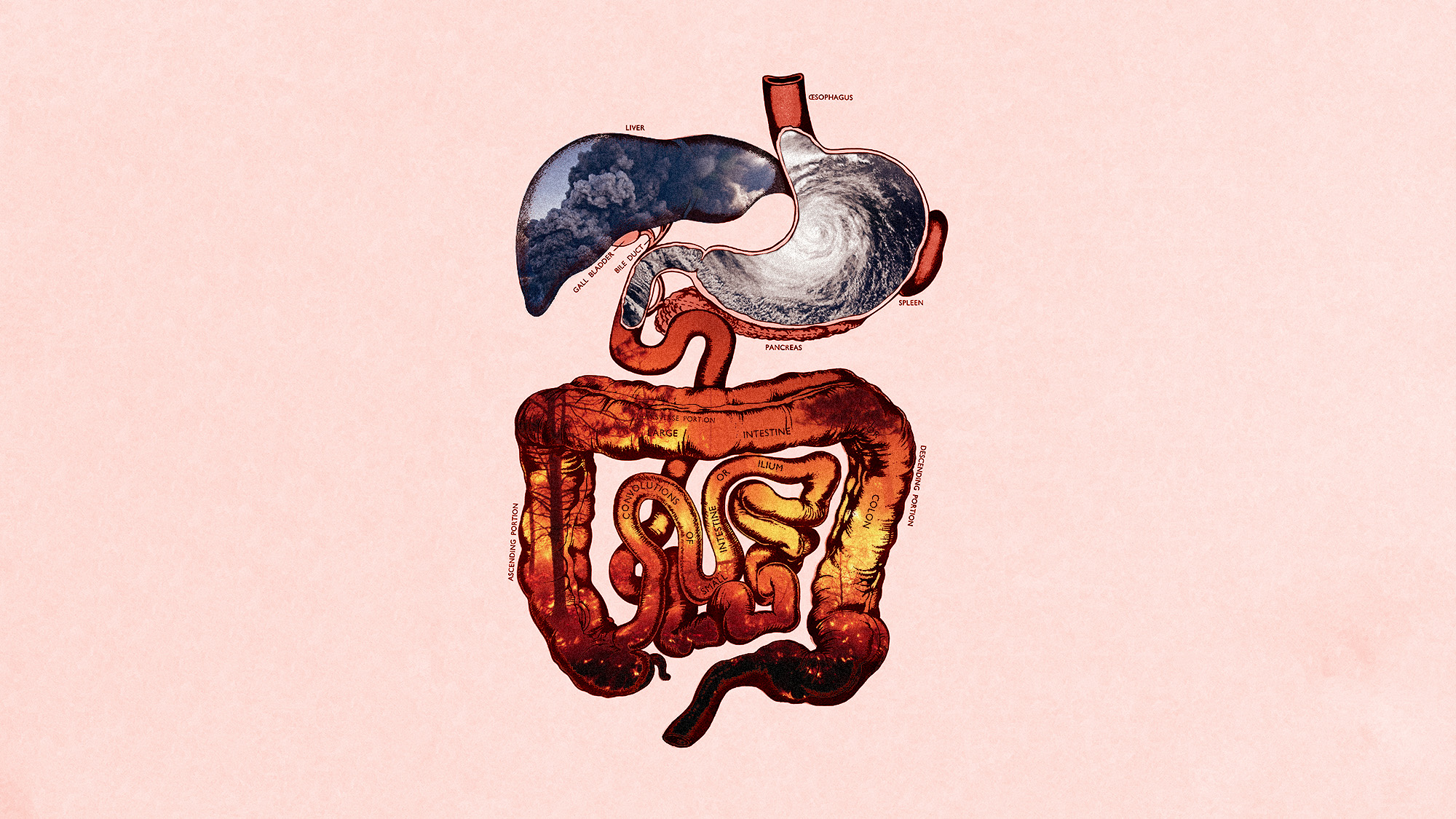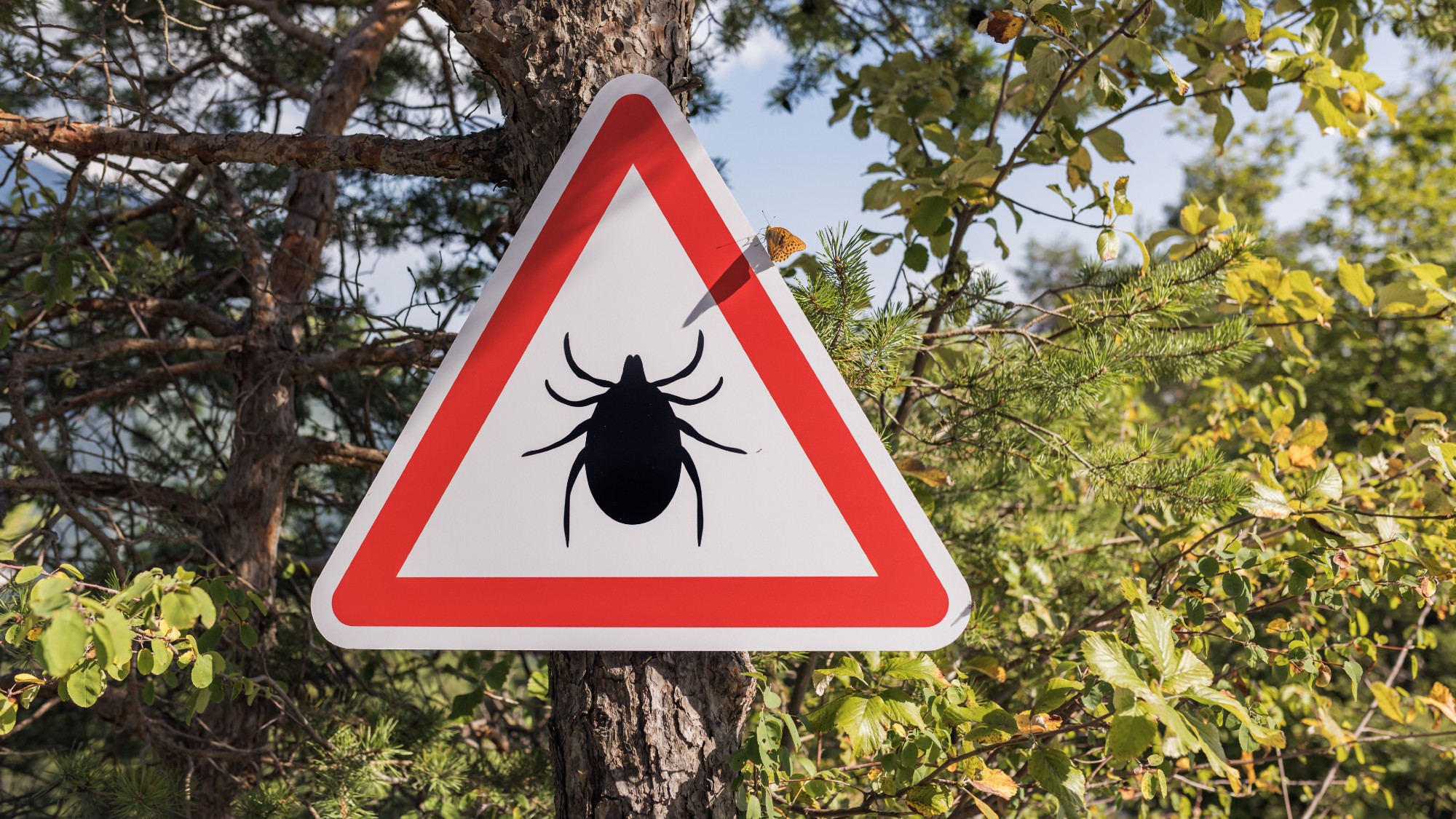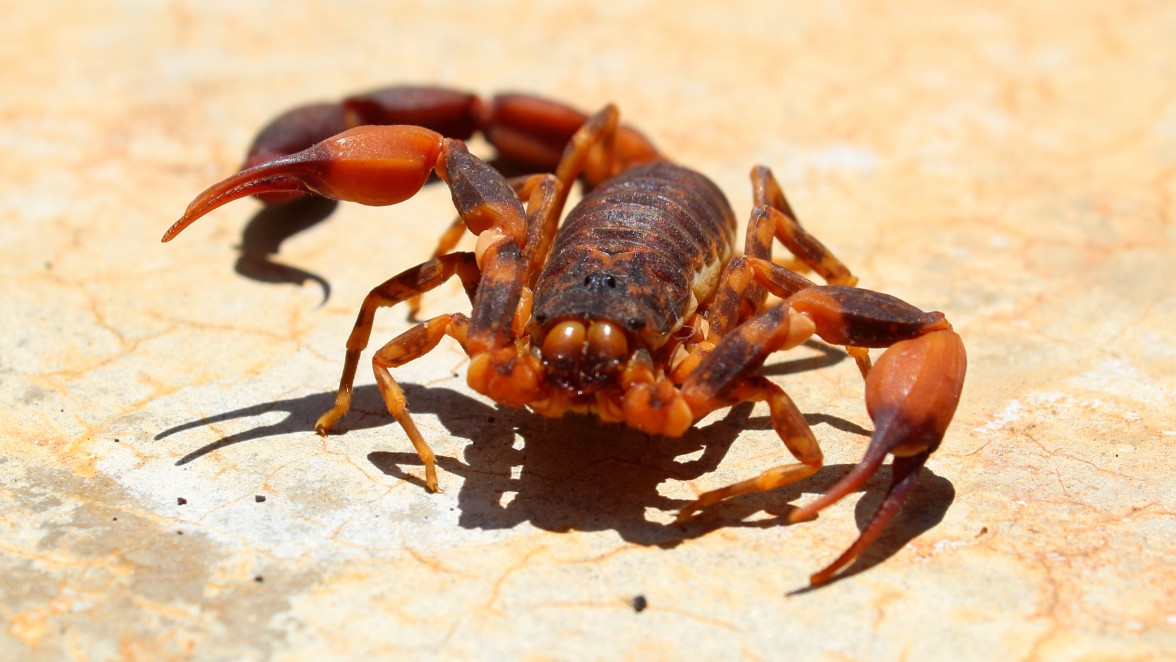Former Archbishop speaks out on ‘injustice’ of climate change
Rowan Williams blames climate change on the West on eve of publication of latest UN climate report

A free daily email with the biggest news stories of the day – and the best features from TheWeek.com
You are now subscribed
Your newsletter sign-up was successful
WESTERN lifestyles are to blame for the devastation caused by climate change, according to former Archbishop of Canterbury Rowan Williams. His outspoken intervention comes on the eve of the publication of a United Nations climate study that is expected to warn that Africa, South America and Asia will suffer most over the coming decades.
Writing in the Telegraph, Dr Williams says “rich industrialised countries, including our own, have unquestionably contributed most” to the atmospheric pollution that has resulted in climate change.
Dr Williams shies away from overt criticism of climate change sceptics, but writes repeatedly of the injustice of climate change, observing that as devastating as the winter storms that hit the UK earlier this year were, such scenes are nothing new for millions of people around the planet: “There is a particularly bitter injustice about the fact that those suffering its worst ravages – such as the pastoralists of northern Kenya or the Quilombolas of Brazil, descendants of former slaves cultivating territories increasingly desolated by deforestation – have done least to contribute to it.”
The Week
Escape your echo chamber. Get the facts behind the news, plus analysis from multiple perspectives.

Sign up for The Week's Free Newsletters
From our morning news briefing to a weekly Good News Newsletter, get the best of The Week delivered directly to your inbox.
From our morning news briefing to a weekly Good News Newsletter, get the best of The Week delivered directly to your inbox.
Dr Williams adds that unless we “step up the urgency of our response, profound injustice will be done both to the poor of today and to the entire global population of tomorrow”.
Scientists on the UN’s Intergovernmental Panel on Climate Change (IPCC) will tomorrow publish their latest report.
They are expected to say that the cost of combating the effects of a 2.5C rise in temperature by the end of the century - thought likely by many scientists - will be £60 billion a year. The report is thought to say that climate change will hit Africa, South America and Asia worst and predict droughts, food shortages and a rise in diseases such as malaria in coming decades.
A free daily email with the biggest news stories of the day – and the best features from TheWeek.com
-
 The ‘ravenous’ demand for Cornish minerals
The ‘ravenous’ demand for Cornish mineralsUnder the Radar Growing need for critical minerals to power tech has intensified ‘appetite’ for lithium, which could be a ‘huge boon’ for local economy
-
 Why are election experts taking Trump’s midterm threats seriously?
Why are election experts taking Trump’s midterm threats seriously?IN THE SPOTLIGHT As the president muses about polling place deployments and a centralized electoral system aimed at one-party control, lawmakers are taking this administration at its word
-
 ‘Restaurateurs have become millionaires’
‘Restaurateurs have become millionaires’Instant Opinion Opinion, comment and editorials of the day
-
 Scientists are worried about amoebas
Scientists are worried about amoebasUnder the radar Small and very mighty
-
 Climate change is getting under our skin
Climate change is getting under our skinUnder the radar Skin conditions are worsening because of warming temperatures
-
 Climate change is making us eat more sugar
Climate change is making us eat more sugarUnder the radar Sweets make the heat feel more manageable
-
 Sloth fever shows no signs of slowing down
Sloth fever shows no signs of slowing downThe explainer The vector-borne illness is expanding its range
-
 Is that the buzzing sound of climate change worsening sleep apnea?
Is that the buzzing sound of climate change worsening sleep apnea?Under the radar Catching diseases, not those ever-essential Zzs
-
 Climate change can impact our gut health
Climate change can impact our gut healthUnder the radar The gastrointestinal system is being gutted
-
 A tick-borne illness is making its rounds in new parts of America
A tick-borne illness is making its rounds in new parts of AmericaUnder the radar Babesiosis, spread through blacklegged or deer tick bites, is a growing risk
-
 Brazil has a scorpion problem
Brazil has a scorpion problemUnder The Radar Venomous arachnids are infesting country's fast-growing cities